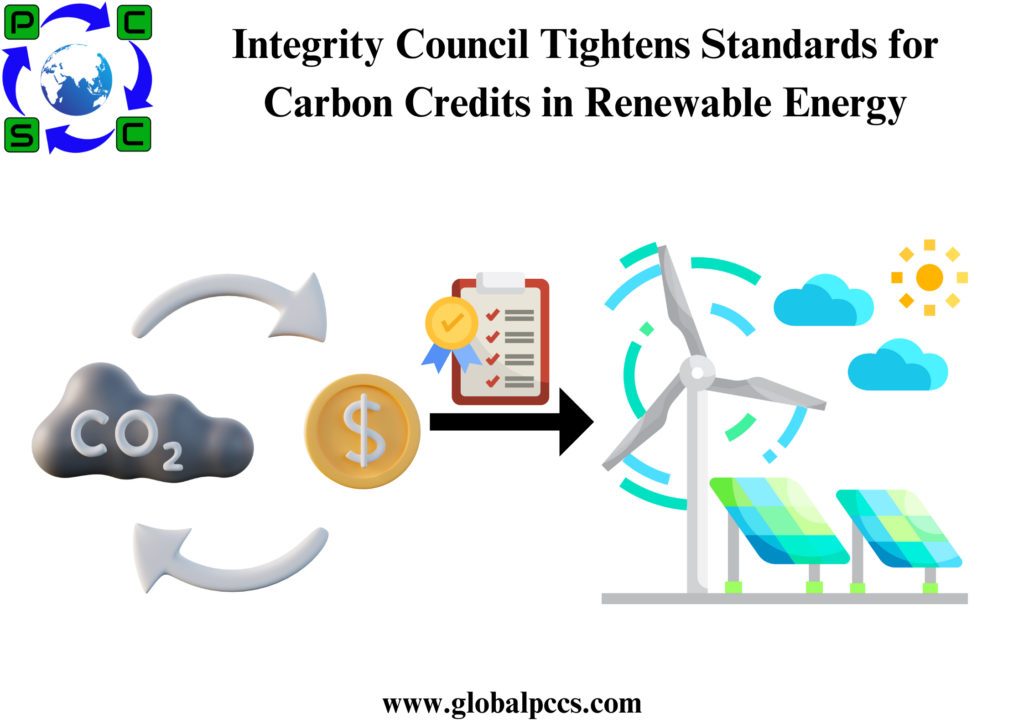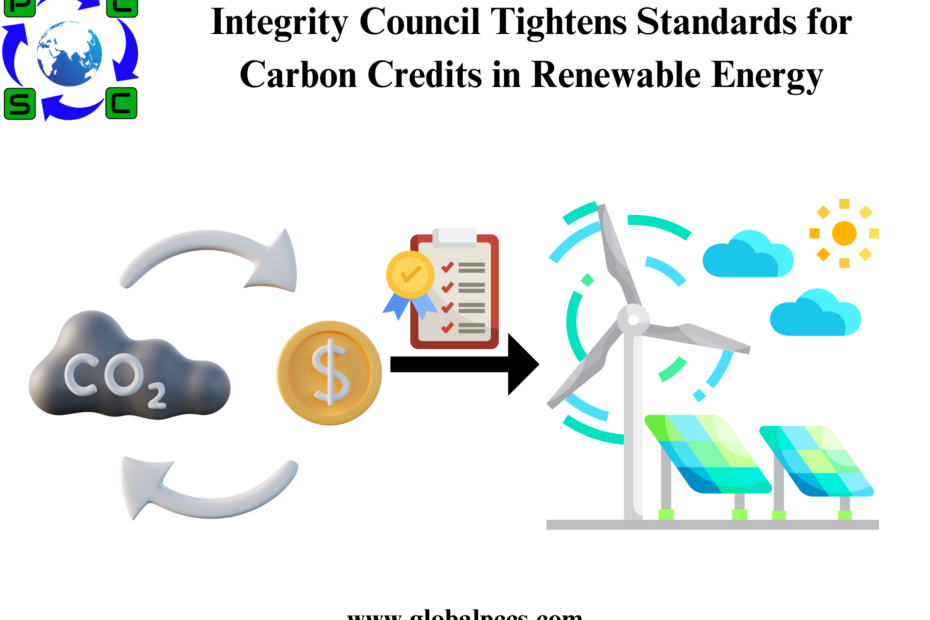 The Integrity Council for the Voluntary Carbon Market said carbon credits issued under existing renewable energy methodologies won’t qualify for its Core Carbon Principles label.
The Integrity Council for the Voluntary Carbon Market said carbon credits issued under existing renewable energy methodologies won’t qualify for its Core Carbon Principles label.
- Existing renewable energy methodologies won’t receive the CCP label due to insufficient rigor.
- New methodologies for methane leak detection and landfill methane capture approved, covering 2.6% of the market.
- Urges programs to develop more robust and sophisticated renewable energy methodologies.
The Integrity Council for the Voluntary Carbon Market announced that current renewable energy methodologies won’t qualify for the high-integrity CCP (Core Carbon Principles) label. These methodologies, representing nearly a third of the voluntary carbon market, fail to meet the rigorous CCP Assessment Framework requirements on additionality.
Key Decisions:
- Eight methodologies used for renewable energy projects do not meet the CCP requirements, impacting 236 million unretired credits (32% of the market).
- Approved methodologies include projects for methane leak detection and repair in the gas industry, covering an estimated 19 million unretired credits (2.6% of the market), and methane capture from landfill sites.
- Rejected methodologies include those for the magnesium industry’s sulphur hexafluoride (SF6) reduction due to unmet additionality requirements.
The council’s recent approvals include:
- Methane leak detection and repair (LDAR) in lower-income countries, addressing infrastructure issues and accounting for 2.6% of the market.
- Methane capture from landfill sites and destruction of ozone-depleting substances (ODS), covering an estimated 8 million unretired carbon credits.
The council calls for carbon-crediting programs to develop more sophisticated methodologies reflecting the varying conditions of renewable energy deployment across different regions. Governments and regulators, including the US and UK, and organizations like the CFTC and ISDA, endorse the CCPs as a global standard for high-integrity carbon credits. The CCP label ensures that each credit represents a tonne of emissions reduced or removed and guarantees robust social and environmental safeguards.
The Integrity Council continues to assess and improve methodologies, urging programs to submit their applications before October for the next review cycle. Their ongoing assessments aim to refine standards and support the voluntary carbon market’s growth.
The council’s actions set a precedent for the market, aiming to ensure that only high-integrity, impactful carbon credits receive the CCP label, fostering trust and encouraging investment in genuine climate solutions.








 Authorised IMDS & CDX Training & Consulting partner for
Authorised IMDS & CDX Training & Consulting partner for






